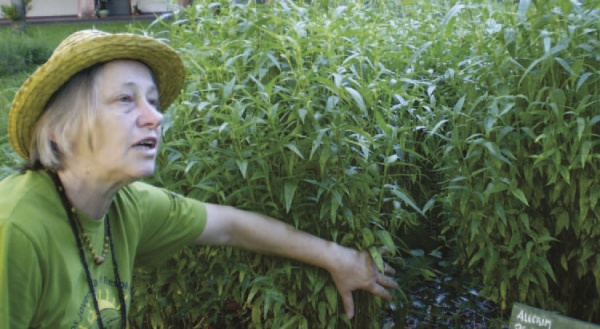National Policy for Tobacco Control
The general objective of this program is to reduce tobacco consumption and smoking prevalence, in order to lower the rates of morbidity and mortality related to tobacco in Brazil. Its specific objectives are to: reduce initiation into smoking, reduce access to tobacco products, provide protection against environmental risks of smoke, reduce social barriers that make it harder to quit smoking, increase access and availability of treatments to stop smoking, control and monitor tobacco products in the country (from its content and emissions to their promotion and marketing strategies), and monitor consumer trends, effects on health, the economy and the environment, as well as the strategies of the industry. Brazil ratified the WHO Framework Convention on Tobacco Control in 2005, requiring the country to pass laws to restrict tobacco.
Meets the criteria established under Health in All Policies:
- Political commitment. There is political commitment to this policy at the highest levels. The Ministry of Health and the National Cancer Institute are responsible for implementing the policy pursuant to a presidential pledge to tackle this challenge.
- Separate structure. A structure has been established for implementation of the National Tobacco Control Policy. The National Cancer Institute serves as Executive Secretariat of the National Commission for Implementation of the Framework Convention on Tobacco Control (CONICQ), chaired by the Minister of Health. CONICQ is comprised of high level representatives from 18 government sectors (Ministries of Health, Foreign Affairs, Finance, Planning, Agriculture, Justice, Education, Labor and Employment, Development, Industry and Trade, Agrarian Development, Communications, the Environment, and Science and Technology; the Civil House; and the Secretariats for Women's Affairs, Drug Policy, Human Rights, and the Health Surveillance Secretariat).
- Participation of other sectors. Other sectors besides health are involved in this initiative, including the ministries and agencies represented on CONICQ. The Ministry of Finance develops and spearheads efforts to combat the illegal tobacco market. The Ministry of Justice focuses on illicit drugs. The Ministry of Agrarian Development designs national crop diversification programs. The National Health Surveillance Secretariat regulates the contents of tobacco products. The National Cancer Institute works with state and municipal health secretariats on implementation of smoking cessation treatment programs as well as educational and awareness raising activities.
- Separate budget. A budget has been allocated for implementing the policy. It is funded through the national budget for implementation of the Framework. All members of CONICQ also contribute financial resources.
- Focus on reducing inequity. The policy seeks to reduce inequity. While it serves the entire population, both smokers and non-smokers, it includes activities targeted specifically to women, children and adolescents.
- Intersectoral action. CONICQ advises the Brazilian Government on policy-making to ensure compliance with the Framework Convention and regulate tobacco sales. A coordinated intersectoral agenda is required to meet the criteria set out in the Convention.
- Public policy. This initiative helps develop public policy that impacts health. The government ratified the Framework Convention on Tobacco Control in 2005 and, in 2006, issued a decree regulating its application. Specific actions included raising the cigarette tax to reduce tobacco use among young people.
- Evidence of results. There is scientific evidence of the results of this policy. Surveillance includes the following: VIGITEL monitors the prevalence and distribution of risk and protective factors for noncommunicable diseases (NCD) in the capitals of Brazil's 26 states and in the Federal District through telephone interviews with the adult population; special smoking surveys (PETab) have been developed to assess the use of tobacco products among children under age 15; the International Tobacco Control Policy Evaluation Project (ICT Project)—the first international study on tobacco use—was carried out in the second half of 2012 to evaluate tobacco policy and its impact. Ministry of Health publications report outcomes on a regular basis.
- Social participation. Mechanisms for citizen participation are included in policy design, implementation, and evaluation. The participating agencies promote continuing education for health professionals, carry out awareness-raising activities for government managers, and offer public seminars on the main topics covered under the Convention.
